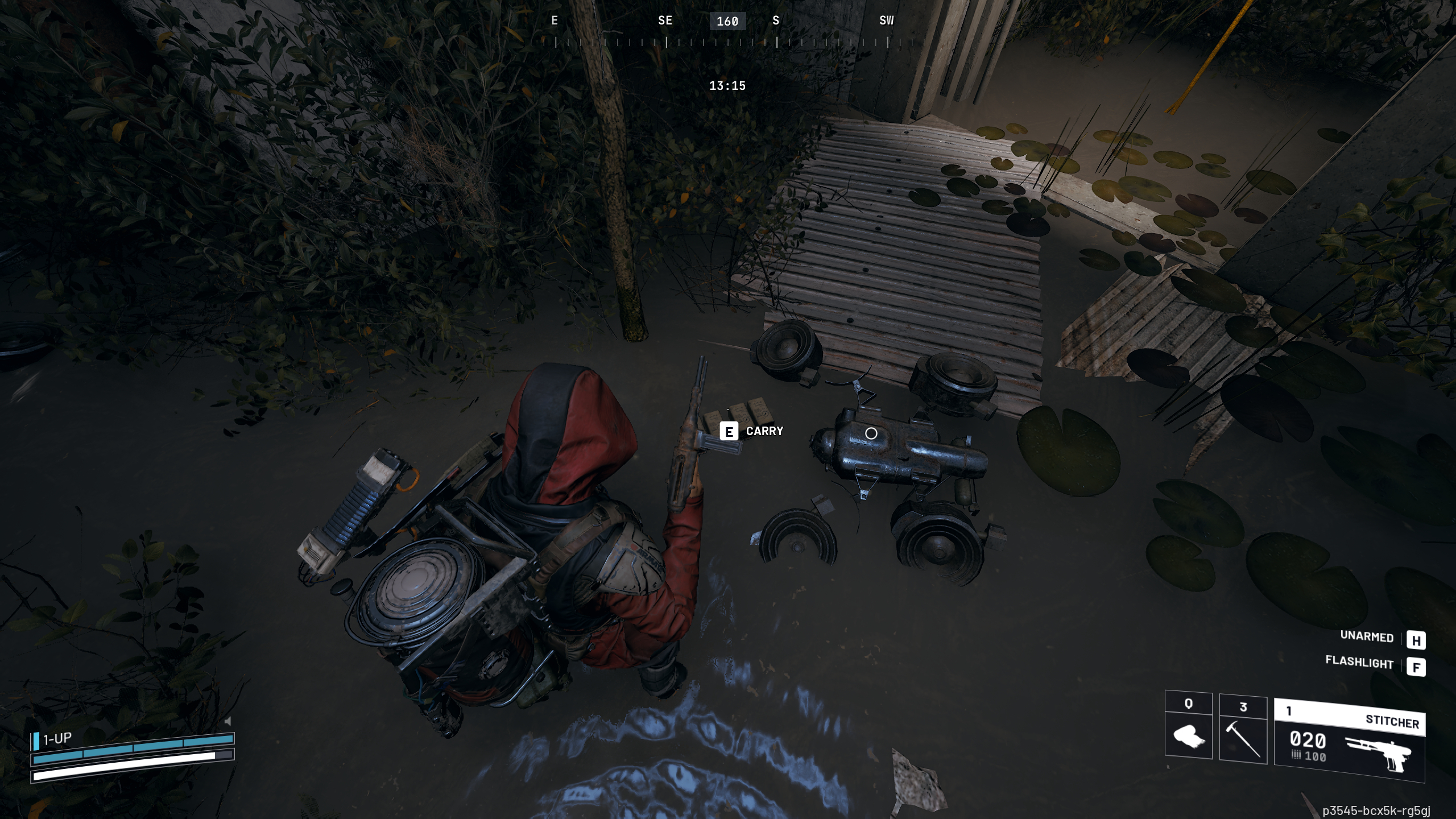Rust developer has ‘no plans’ for Linux or Proton support, says games that support them are ‘not serious about anti-cheat’

Rust has a long, rocky will-they-or-won’t-they history when it comes to official support for both Proton and Linux, and with a new Steam Machine on the way it’s no surprise to see those conversations popping up again. Valve’s cute little cube will run SteamOS and use Proton—a compatibility layer to make Windows games play nice with Linux—but you can’t play official Rust using it.
The latest plea for official Proton support started on Reddit, where Scout339v2 shared their screenshot of Rust running “on a server with EAC disabled to show that the game already works perfectly on Linux.” Disabling Easy Anti-Cheat (EAC) is the key factor here, and part of a broader conversation where Facepunch and its Linux/Proton userbase don’t see eye-to-eye.
A plea for enabling EAC for Proton so Rust can be played on Linux PCs & Steam Decks with a flip of a switch – No recompiling or Linux builds required from r/playrust
As McFarlane indicates in that response, Rust did once have official Linux support, but Facepunch discontinued it in 2019 for the same reasons it’s chosen not to pursue it again, citing the challenge of supporting another OS and the cheating problem. A follow-up blog addressed community requests for Proton support as a solution, and while Facepunch owner Garry Newman stated they were “not opposed to it,” there were still no plans to support Proton in an official capacity.
“From that experience, I’m very comfortable saying that if a game supports Proton or Linux, they’re not serious about anti-cheat,” McFarlane wrote in the Reddit thread. “The only exception would be if they have a fully mature, dedicated in-house anti-cheat team, even then, I’m not seeing anyone handle Proton and Linux well.”
Cheating is of course an inevitability when you’re dealing with online multiplayer anything, but you do what you can to mitigate it. Some Linux and Proton hopefuls cite their smaller numbers as a reason to offer support through Valve’s compatibility layer, but it sounds like McFarlane’s point isn’t about what cheat developers are using to boot and play Rust. It’s more about the extra avenue they’ve created and its potential to be exploited on all platforms—a weakness in the bunker, if you will.
“The issue is multiple, one of which addresses your comment: it opens a new vector,” said McFarlane. “Cheaters don’t need to use Proton or Linux, that’s the core problem. Cheaters simply have to exploit the module that Linux/Proton uses, creating an exploitable vector which is compatible on Windows for cheat users. You’re then fighting abuse of the Linux/Proton and Windows modules.”
Admittedly, I’ve toyed with Linux very little, but understand the yearning for support. That’s especially true now as I try to unplug myself from the Windows ecosystem as much as possible. It’s a bummer, and I feel that frustration a little more every time I have to do some extra tinkering with games on the Steam Deck.
“I know that every time I post something like this, some Proton and Linux users call us lazy or dismissive,” said McFarlane. “The reality is that fighting cheaters on one front (Windows), is already a never-ending battle. Adding more fronts multiplies that challenge without adding meaningful benefit to the wider player base.”




